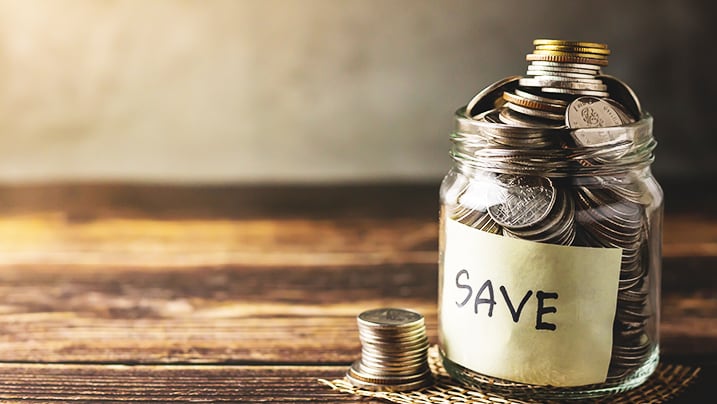Frugality, or the practice of being economical with money and resources, has been a topic of debate for many years. Some argue that frugality is good for the economy, while others believe that it can have negative consequences. In this article, we will explore the pros and cons of frugality for the economy.
Pros of Frugality for the Economy
- Increased Savings: Frugality encourages people to save money, which can lead to increased investment and economic growth. When people save money, they can use it to invest in businesses, buy stocks, or purchase goods and services, all of which can stimulate economic activity.
- Reduced Debt: Frugal individuals are less likely to accumulate debt, which can be a burden on the economy. When people have too much debt, they are less likely to spend money on goods and services, which can slow down economic growth.
- Environmental Benefits: Frugality often involves reducing waste and using resources more efficiently, which can have positive environmental impacts. This can lead to lower costs for businesses and individuals, as well as a healthier planet.
Cons of Frugality for the Economy
- Reduced Consumer Spending: Frugality can lead to reduced consumer spending, which can have a negative impact on the economy. When people are frugal, they are less likely to spend money on goods and services, which can slow down economic growth.
- Reduced Tax Revenue: When people are frugal, they are less likely to spend money on taxable goods and services, which can lead to reduced tax revenue for governments. This can make it more difficult for governments to fund important programs and services.
- Reduced Innovation: Frugality can lead to reduced innovation, as businesses may be less likely to invest in research and development when consumers are not spending as much money. This can have negative long-term consequences for the economy.
Conclusion
Frugality can have both positive and negative impacts on the economy. While it can lead to increased savings, reduced debt, and environmental benefits, it can also lead to reduced consumer spending, reduced tax revenue, and reduced innovation. Ultimately, the impact of frugality on the economy will depend on a variety of factors, including the overall economic climate, government policies, and individual behavior.
In conclusion, frugality can be a double-edged sword for the economy. While it can have some positive effects, it can also have negative consequences. As with any economic policy or practice, it is important to consider the potential benefits and drawbacks before making any decisions.


